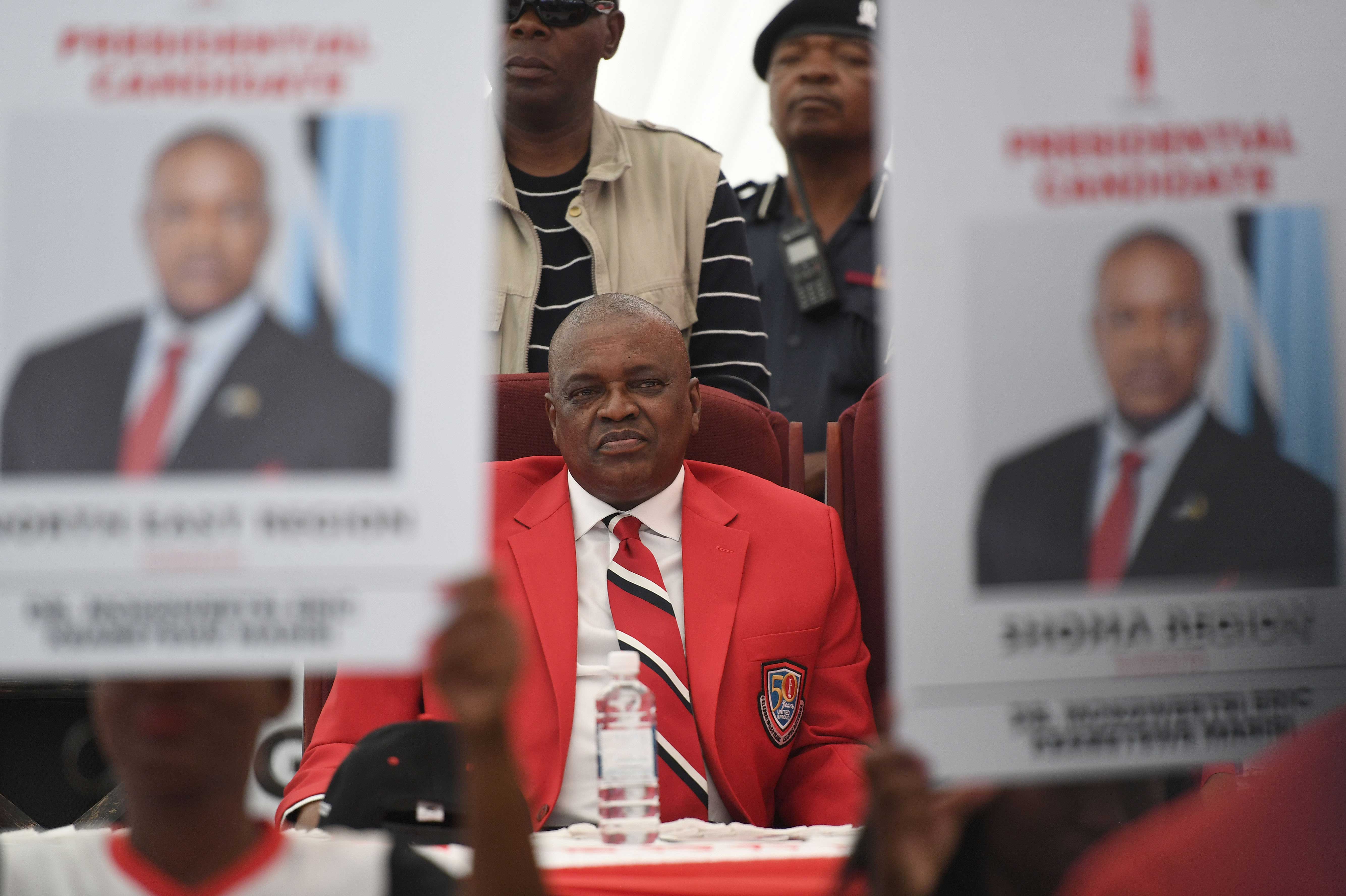Now that the Nation can breathe a collective sigh of relief following the BDP’s endorsement of Masisi as opposed to a Khama backed candidate for president in the October polls, we need to reflect more seriously on our upcoming elections. However, prior to exhaling that sigh it ought to be recognised that the endorsement of a politician by Khama must now be seen as a political liability. The BDP, with no small assistance from the Court has pronounced that as a party it cannot return to the last 10 years of a Khama styled administration. But what does this really mean for the average Motswana?
As a nation we have heard our politicians claim that they will create an economic environment that will allow entrepreneurs to become millionaires and create hundreds if not thousands of jobs for the youth and reduce unemployment. As the electorate we adopt such hollow/shallow political undertakings as if they are gospel, but regardless of their shallowness should such claims really be the measure of our economic success? Why should the measure of our economic success be gauged by the the number of millionaires and billionaires our society has produced as opposed to the ability of all our people to live richer lives, with guaranteed civil liberties, political rights and freedoms as well as economic empowerment. Why do our MPs keep rejecting legislation for a living wage, when they are in parliament to do our bidding?
Based on the 2011 population and housing census approximately 63 per cent of our total population lives in urban areas with approximately 400,000 people living in and around Gaborone. Due to the population shift towards urban areas and despite government’s drive to achieve a “pro-poor economic growth” and a reduction of poverty, Botswana remains among the most unequal countries in the world. Our political parties need to develop and prioritize evidence-based policy solutions that help to close the economic disparities.
World Bank figures for Botswana reveal that the highest earning 10% of the population own 49.6 %, of the nation’s wealth. While such figures are conservative they reveal the need to introduce policies that will drive the economy to become more inclusive, so that our economy genuinely works for the many, and not only the few.
Economic forecasts cast doubt on the ability of Government, under the leadership of any political party to implement the necessary changes. During NDP 10 (2009-2016) the actual average rate of economic growth was around 3.9 per cent per annum, which was substantially below the Vision 2016 growth target of 7.5 percent. The share of mining as a percentage of GDP has been falling steadily from a peak of 53 percent in the 1989 to around 18 percent in 2017, hurting governments’ ability to fulfil political rhetoric.
Government plays a major economic role through its spending, which has historically been over 40 percent of GDP, although it is currently closer to 35 per cent. Total revenues averaged 36 per cent of GDP over the past five years, with a downward trend, and are expected to decline further to around 30 per cent of GDP over the next five years. Government projects under NDP 11 that by 2022 (government) spending will drop to 25% of GDP.
The need to develop an inclusive economy has to be driven by infrastructural development but the World Bank has noted that even with high levels of spending on infrastructure, there are major concerns over the quality of service provisions. Additionally since 2013/14, defence spending doubled, mainly due to allocation of a huge chunk of the country’s development budget towards military hardware and equipment.
Under Khama, sovereign wealth was plundered with no equivalent infrastructural or economic development. Laws were flaunted and a closed inner circle of “tender-preneurs” became the countries new millionaires, proudly put on display as a success story of how many super wealthy we, as a nation, had produced. A blind eye was turned to the 17.5% unemployed, a conservative figure once again with estimates being closer to 22% unemployed. Government debt rose to an equivalent of 22.3 percent of the country’s Gross Domestic Product in 2017. But prior to Khama Government Debt to GDP averaged 15.42 percent from 1998 until 2017, reaching an all time high of 27.50 percent in 2012 and a record low of 5.98 percent in 2006.
Looking at the facts and figures it is clear why anyone backed by Khama would be considered a liability, but the time has now come for our politicians to speak to the reality of our economic situation and tell us how their objectives are going to be achieved. Let us not be told about structural reforms in government and the need to curb corruption.
We as the electorate inherently understand why government needs to be reformed and why corruption can never be tolerated, such change merely requires political will and not electoral endorsement, act on it now. Speak to us instead on HOW the economy will be re-modelled and how such implementation will be done in a manner that distinguishes you from the past leaders.




